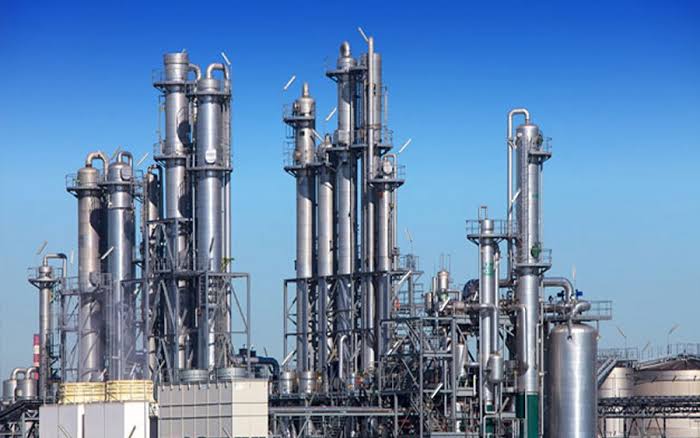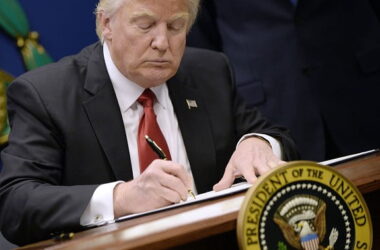The Dangote Petroleum Refinery and other domestic refineries in Nigeria have yet to start purchasing crude oil in naira, despite a recent directive from President Bola Tinubu. This delay comes nearly a week after Tinubu announced that the Nigerian National Petroleum Company Limited (NNPC) should sell crude oil in naira to local refineries.
The Crude Oil Refiners Association of Nigeria (CORAN) revealed that individual refiners have reached out to NNPC with requests to buy crude, but have not received any responses. The Federal Executive Council had approved Tinubu’s proposal, which aimed to sell 450,000 barrels of crude meant for domestic consumption to Nigerian refineries in naira, starting with the Dangote refinery. The exchange rate for these transactions would be fixed.
However, the refiners report no progress. Eche Idoko, the Publicity Secretary of CORAN, stated that the Nigerian Midstream and Downstream Petroleum Regulatory Authority (NMDPRA) should initiate the process by arranging a meeting with all stakeholders to discuss the supply framework.
Idoko said, “We have not started buying crude from NNPC. Individual members have written to them (NNPC) already, and they have several requests from these refineries before them.”
CORAN has previously emphasized that paying for crude oil in naira could reduce the cost of petrol and strengthen the naira against the dollar. While Idoko praised President Tinubu for supporting indigenous refiners, he insisted that an executive order would solidify the new directive.
“The pronouncement alone is not enough. It must be with a force of law, either by executive order or by incorporating it into a new guideline so that the crude producers will be bound to sell to us in naira,” Idoko added.
In addition, the refiners are seeking a meeting with the government’s economic team to establish a favorable rate for the Nigerian market. Despite the announcement, the Dangote refinery and other domestic refineries have reported ongoing difficulties in accessing crude oil. The Dangote Group recently claimed that international oil companies (IOCs) were still obstructing crude supply to its 650,000-capacity refinery, preferring to sell through foreign agents.










